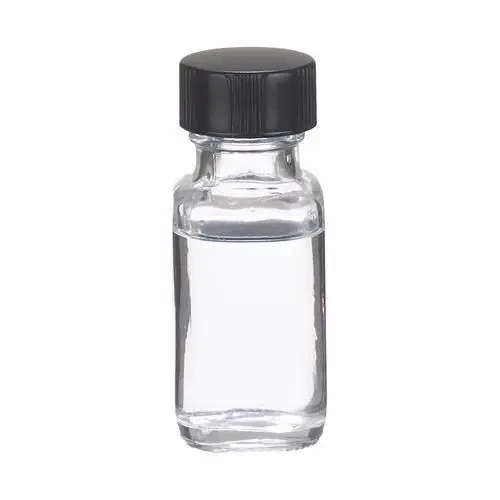The Role of Polymer Water Treatment Chemicals in Modern Water Management
Water is an essential resource for life, and its treatment is crucial for health, environmental, and industrial sustainability. In recent years, polymer water treatment chemicals have gained prominence in the water treatment industry due to their efficiency and versatility. This article explores the significance of these polymers in water treatment, their working mechanisms, and the benefits they offer to various sectors.
Understanding Polymer Water Treatment Chemicals
Polymers are large molecules composed of repeating structural units. In the context of water treatment, they can be categorized primarily into two types flocculants and coagulants. Flocculants are polymers that assist in aggregating particles in water, while coagulants work to neutralize charges that keep these particles suspended. Together, they enhance the efficiency of removing contaminants from water. Common types of polymers used in water treatment include polyacrylamides, polyethylene oxides, and starch-based products.
Mechanism of Action
The efficiency of polymer water treatment chemicals stems from their unique physical and chemical properties. When introduced into water, flocculants bind with suspended solids, creating larger aggregates, or flocs, that settle easily for removal. This process can significantly reduce turbidity, leading to clearer water. Coagulants, on the other hand, destabilize colloidal particles by neutralizing their charges, which facilitates the agglomeration of particles into larger clusters, making them easier to remove.
Applications Across Various Sectors
1. Municipal Water Treatment In municipal water treatment facilities, polymer water treatment chemicals are crucial for producing safe drinking water. They help in the removal of sediments, bacteria, and other harmful contaminants, ensuring compliance with safety regulations.
2. Industrial Processes Industries such as oil and gas, mining, and pulp and paper use polymer chemicals to manage wastewater. These chemicals assist in clarifying water used in industrial processes and in treating the wastewater generated, thus minimizing environmental impacts and promoting sustainability.
3. Aquaculture In aquaculture, maintaining water quality is vital for the health of aquatic organisms. Polymer water treatment chemicals help control algae growth and purify water, ensuring optimal conditions for fish farming and shrimp production.
polymer water treatment chemicals

4. Agriculture The agricultural sector utilizes polymer water treatments for irrigation and wastewater reuse. These polymers enhance water retention in soil and improve irrigation efficiency by ensuring that water is of suitable quality.
Benefits of Polymer Water Treatment Chemicals
The advantages of using polymer water treatment chemicals are numerous
- Enhanced Efficiency The ability of polymers to effectively remove suspended solids and improve clarity of water makes them superior to traditional methods.
- Cost-Effectiveness Although initial costs might seem high, polymers can lead to significant savings by reducing the need for extensive filtration systems and associated maintenance.
- Environmental Sustainability By treating wastewater effectively, these chemicals contribute to reducing pollution and facilitating the recycling of water, which is vital in today’s water-stressed environments.
- Versatility Polymers can be customized for specific applications, making them suitable for various industries and water quality challenges.
Conclusion
Polymer water treatment chemicals represent a critical innovation in the field of water management. Their ability to efficiently purify water while promoting sustainability makes them an invaluable asset in municipal, industrial, and agricultural applications. As we face increasing environmental challenges and water scarcity, the development and utilization of these polymers will likely play a pivotal role in ensuring safe and clean water for future generations. As research continues into more efficient and environmentally friendly polymers, the potential for enhancing water treatment processes is bound to grow, opening new frontiers in water resource management.
In summary, embracing polymer chemistry in water treatment is not just a choice but a necessity for a sustainable future.

